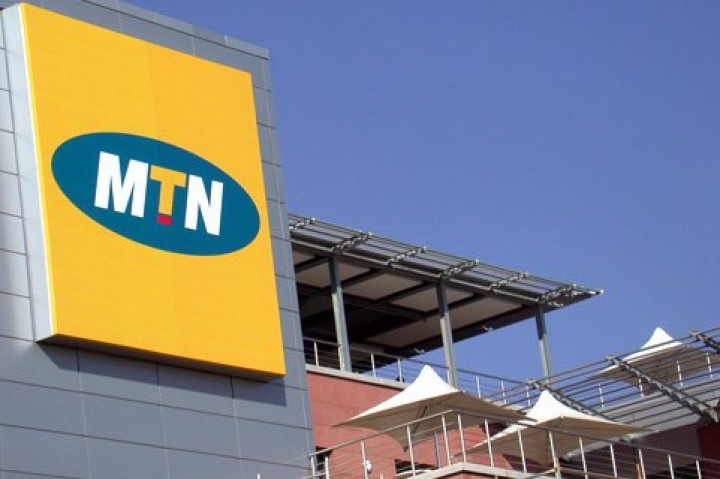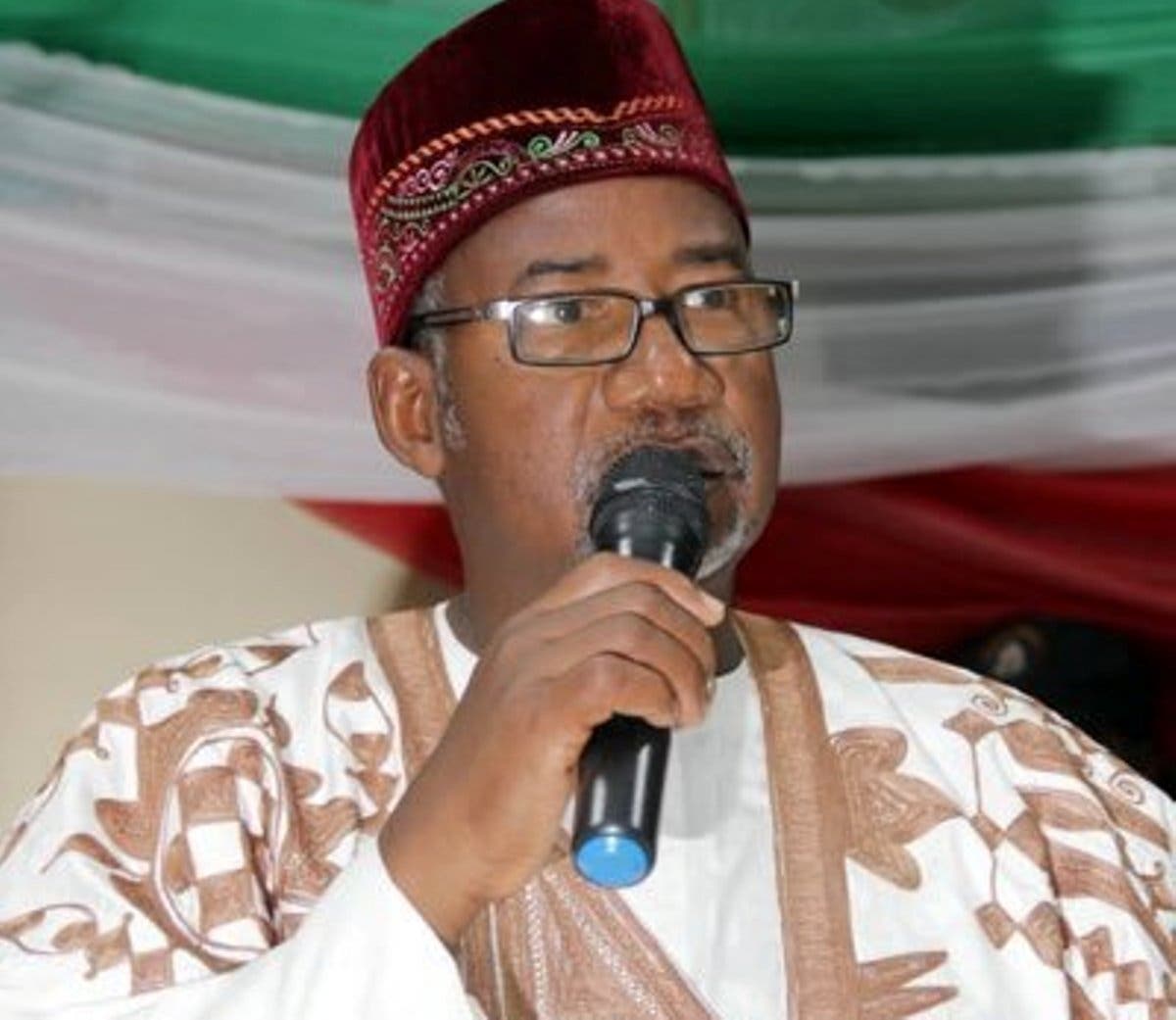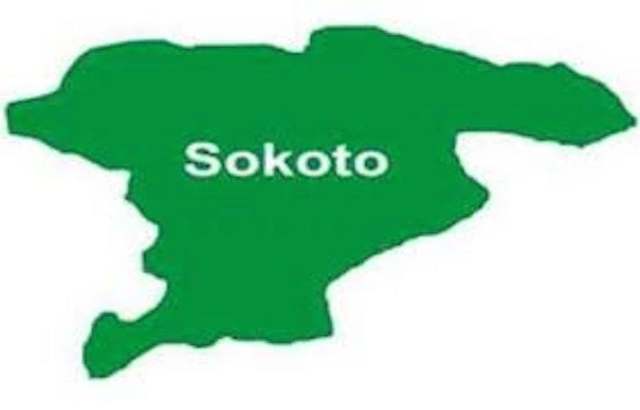The World Bank Group has urged Nigeria to reduce government’s borrowing from the Central Bank if it wants to reduce the inflationary pressure on the economy.
World Bank’s Lead Economist for Nigeria, Alex Sienaert, stated this on Thursday during an economic review session at the Lagos Business School.
In his keynote presentation, Sienaert commended the government over its recent economic reforms, but noted that these reforms would have to be sustained for the economy to recover from present shocks and record considerable growth in the near future.
He said, “The whole agenda of tackling inflation is obviously a huge one. Some ideas include reducing subsidised CBN lending to medium and large firms and the government borrowing from CBN.
“All of these things increase the money supply and reducing that will be helpful to reduce inflation, and then replacing imports with FX restrictions with tariffs.”
According to him, the fact that petrol price had significantly increased created pressure on the economy.
He added that a variety of solutions would have to be devised in order to mobilise more revenue a way that spending would be increased to tackle the real priorities in the country
He also stated that the Federal Government’s planned to disburse N8,000 as palliatives following the removal of fuel subsidy will increase the available earnings and income of about 50 per cent of Nigerians by 10 per cent.
Seinart, said many Nigerians would benefit from the extra cash from the government, since it would ensure that they did not have to skip a meal, pull a child out of school, or not go to the hospital.
He said, “The other thing we often hear is that N5,000 or N8,000 is a trivial amount of money. I think people will be shocked to know that for a huge number of Nigerian households, it is a very significant amount of money.
“I believe the statistics are that about 50 per cent of Nigerian households are on less than N60,000 a month. So, if you are giving them N5,000 or N8,000 extra for six months to help tie them over, you are increasing their earnings and available incomes on the order of 10 per cent. For many households, it would be meaningful.”
Seinart explained that the amount the government would spend on the cash transfer was not an enormous amount of money when compared to what it will gain from subsidy removal.
He noted, “I know what has been in the news is the idea of a N5,000 or an N8,000 cash transfer to needy households for about six months, if you look at that the cost of that it would be equivalent to just about one month worth of spending on the subsidy that happening before it was cancelled under the old exchange rates still less than two months’ worth under the new one.
“So, it is not actually an enormous amount of resources relative to what is being freed up and it might just help many poor and vulnerable households get through this without having to do things that harm their prospects like pull a school out of school, or not go to the hospital, or skip a meal, whatever the case might be.”
Recently, the President Bola Tinubu, disclosed that the Federal Government was planning to transfer N8,000 to 12 million poor households for a period of six months, to cushion the effect of fuel subsidy removal.
Organised labour and some economists kicked against the plan. According to the Chairman, Nigeria Labour Congress, Lagos chapter, Mrs Funmi Sessi, the money would not help the average Nigerian.
She said, “Looking at the money and the effect of the subsidy removal that has escalated the prices of everything in the market, I wonder what the N8,000 can do for a family in a month.
“I wonder what it can buy and the services it can render for 30 days; N8,000 cannot take care of a family for a week; it is not possible; it is going to be like a drop of water in the ocean.”
The Federal Government has since backtracked its plans and has said it is reviewing the plan.







